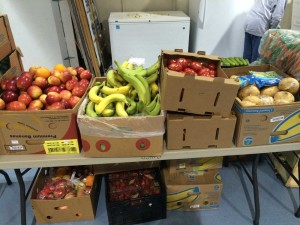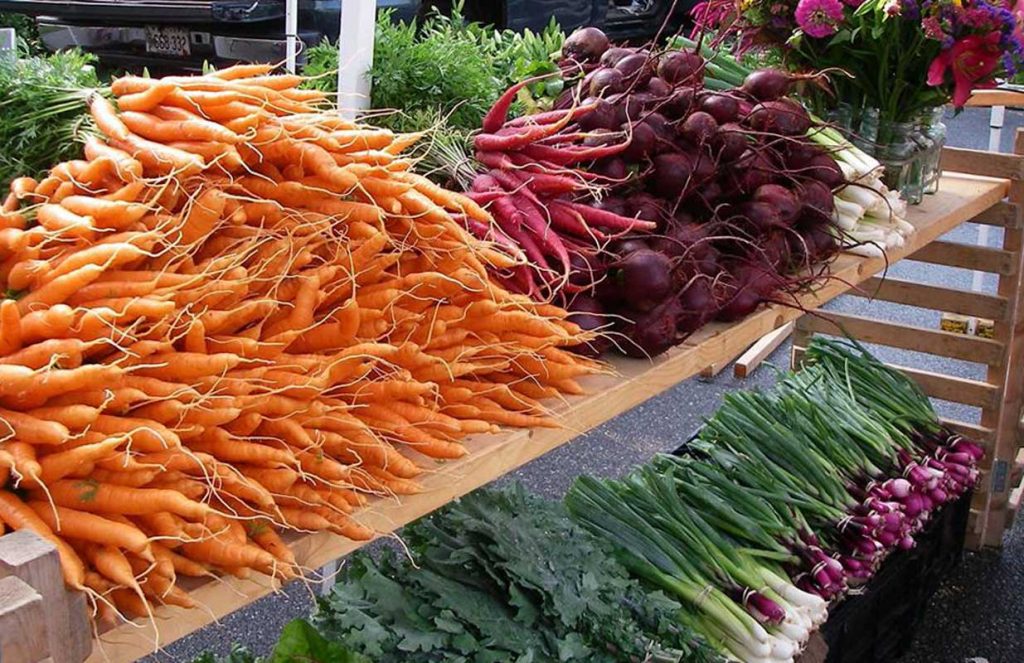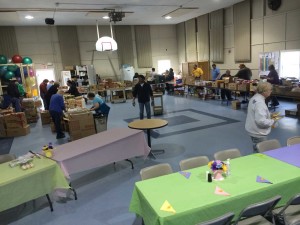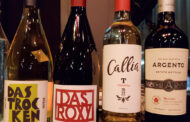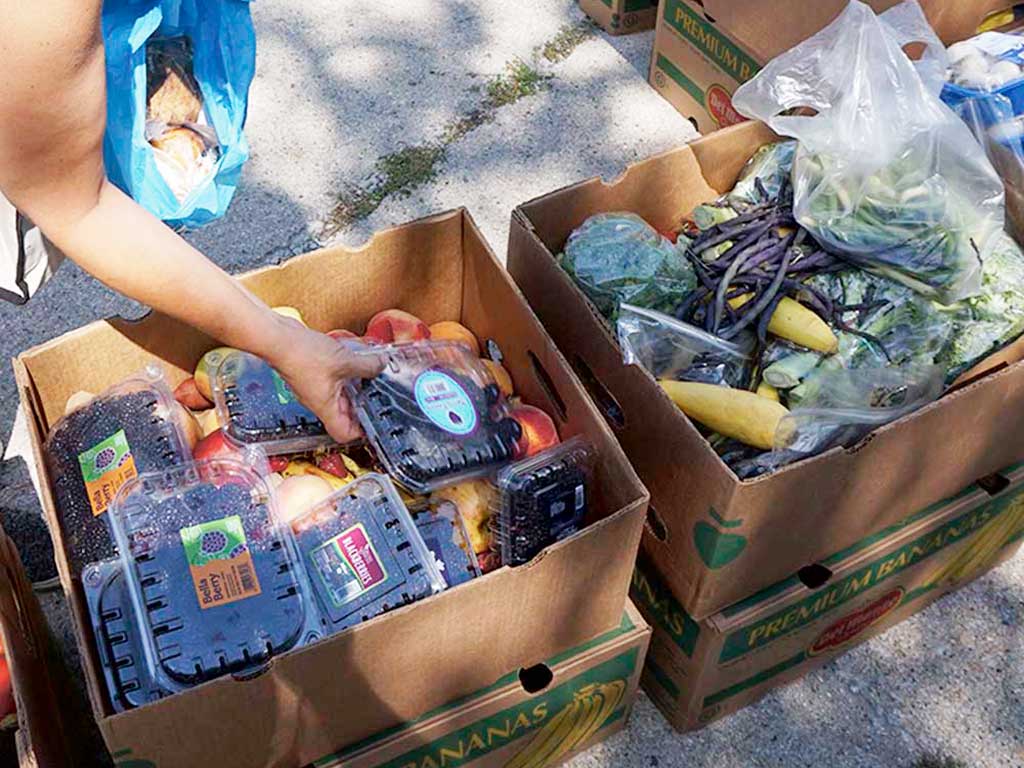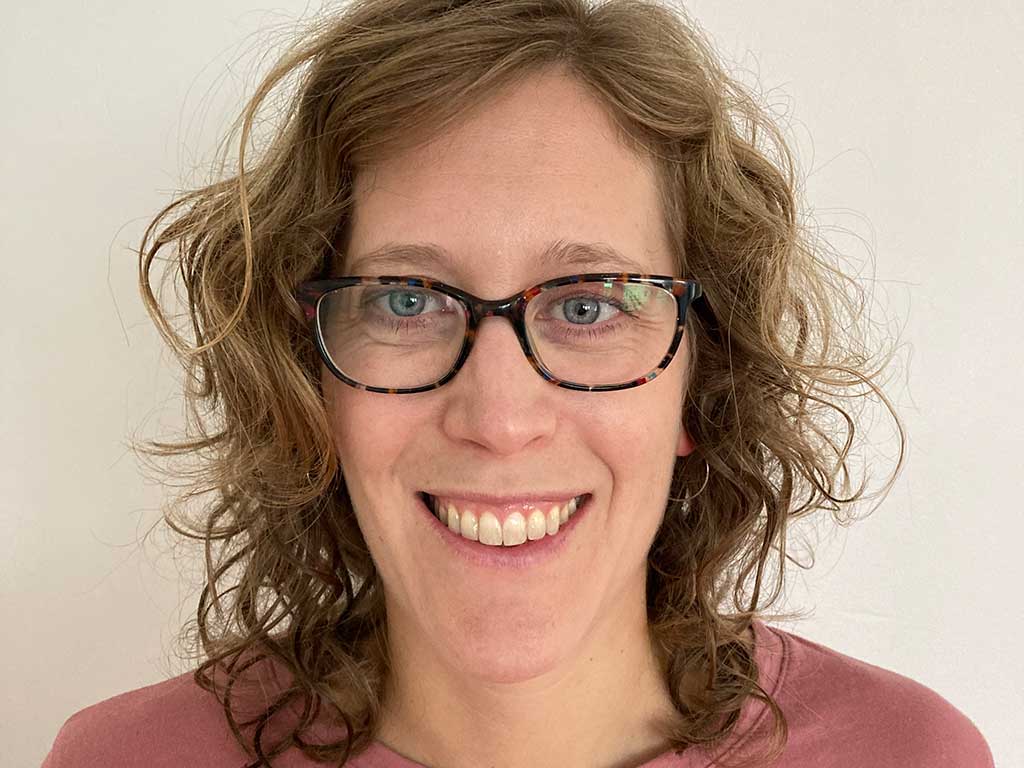A Personal Account of Millennial Food Insecurity
by Autumn Minery
Editor’s Note: One of two companion pieces by millennial authors on the topic of food insecurity. Recent graduate Autumn Minery shares her personal experience in Millennial Food Insecurity, and USM student Bryer Sousa takes a look at the numbers and bigger picture in his companion piece, Food (In)Security and Clean Drinking Water.
I felt labeled…
I was first exposed to the idea of food insecurity at a young age. My mother provided me with homemade baby food, and my father made sure that we had fresh venison and vegetables from our gardens. The “luxuries,” such as farm stand fresh produce and hand cut meat appeared less and less as I moved into my middle school and high school career. I distinctly remember the pain I observed on my parents’ faces as they attempted to keep up with the rising cost of groceries. Starkly aware of our nutritional state of affairs, I passed up the few ‘healthy’ foods that we could ascertain to ensure that my younger brother and sister needn’t recognize how food insecure we were.
I felt labeled as a consequence of being one of the children in my school district that received reduced/free lunch. This same program has now reached, according to Campbellsville University, over 100,000 schools and institutions nationwide and over 30 million students. As such, I know firsthand what the effects of food insecurity are and where reduced/free lunch program’s flaws reside. The children at my school (like myself) were limited to certain parts of a meal in the lunch line. We watched our friends purchase additional extravagances to adhere to their every food desire. It was obvious to those in line with us that we received the reduced price lunch. It only took a brief inspection of the grilled cheese or slice of pizza on our tray. How embarrassing to answer to friends and others, “Why?” The truth is… it didn’t matter and shouldn’t matter.
No child should have to feel insecure about what they are able to afford for food, or what food they are eating.
Food Insecurity Cycle
Entering my adult life, I feel obliged to tend to the problems and suffering that I see people facing. I am employed at a small farm. At the farm I have witnessed firsthand the potential that surrounds us. If only we were able to collectively mobilize and address the food insecurity in our communities.
Local farmers are working days without breaks to provide food to their communities and an income for their families. Yet, the food on the shelves of their farm stands is too expensive for many. Hence, we see the never-ending cycle of food insecurity transpire. While there is less money for farmers, because of community members’ tight food budgets, consequently that means less healthy opportunities for those community members, because of the high price of the farmers’ produce…
Food Security is a Human Right
I attended the 2016 National Organizing Conference for the Socialist Party USA, in New Jersey. The energy and enthusiasm reminded me that there is much more we can do (small steps, but still steps). First of all it us up to us millennials to make progress on food education. Our generation needs to build upon ideas of what agriculture means and what it means to fill our bodies with healthy food. Follow the example set by members of the Socialist Party. They have made great efforts to host non-profit events for children and parents in which they are given access to and education on continuous nutritional valued foods.
In addition, we need to grow more of our own food. There is an excitement that comes from younger generations when they are able to understand and become a part of the process. It is rewarding when youth are able to harvest and prepare food together with a parent, guardian or friend.
Seems like not having enough money — in a society where everything is expensive, trendy and overpriced — is no excuse. Money should not be a barrier for a child or their family to achieve food security. Yet, that is the case even here in the wealthiest country in the world. Furthermore, as Bryer Sousa expresses in his piece, Housing is a Fundamental Human Right, just as housing ought to be viewed as a fundamental human right, so should food security. Access to nutritional food must reside within the moral domain.
Autumn Minery
Autumn Minery is a 2016 Keene State College graduate. She earned a BA degree in English, with dual concentrations in Literature & Writing. Autumn is currently co-authoring a memoir with Bryer Sousa concerning the importance of identity and narrative.

